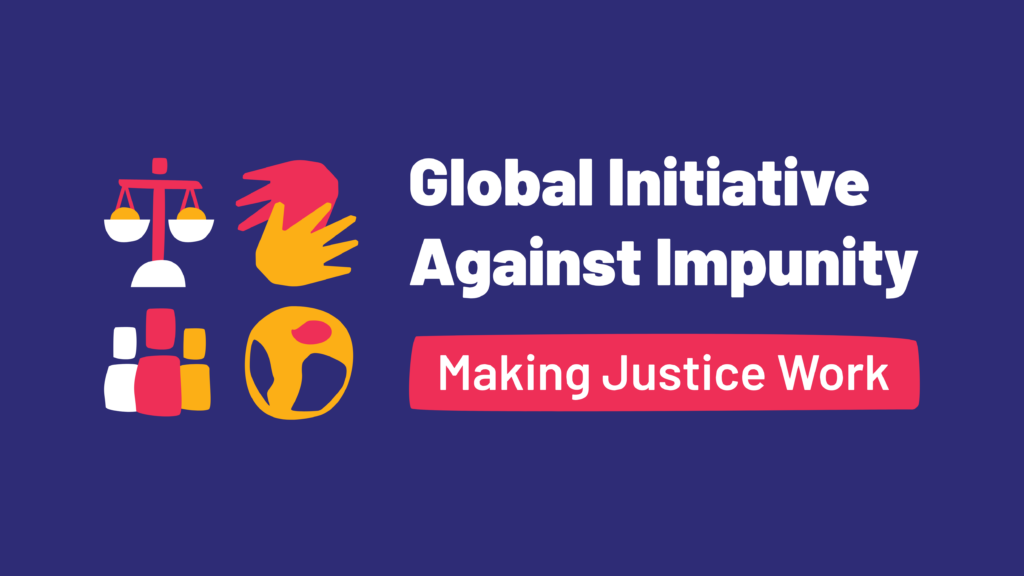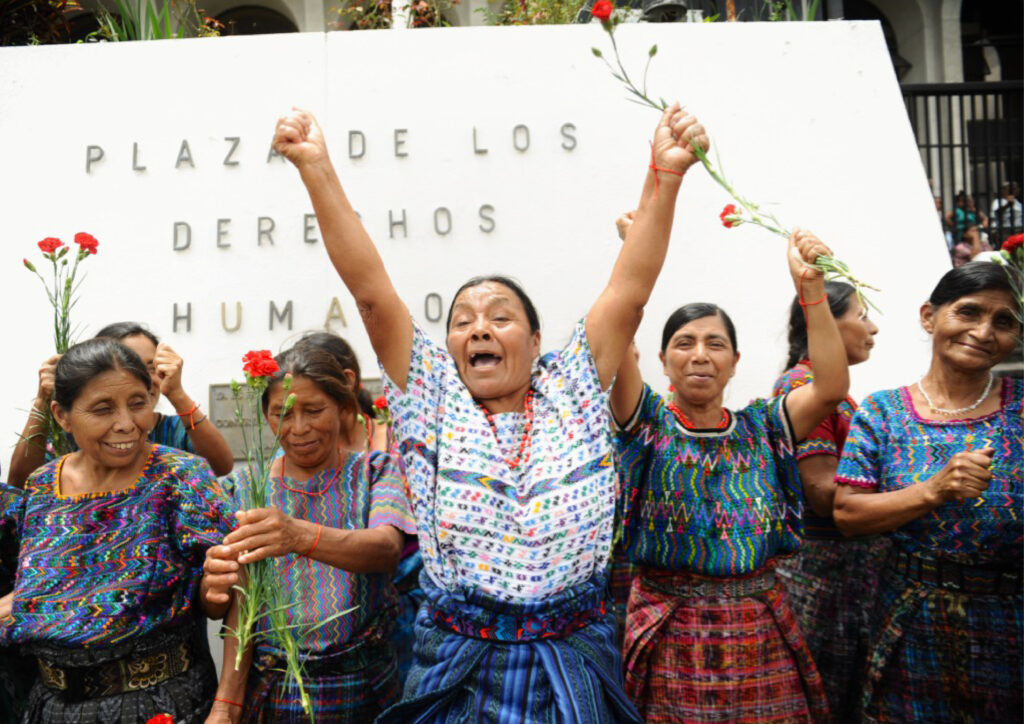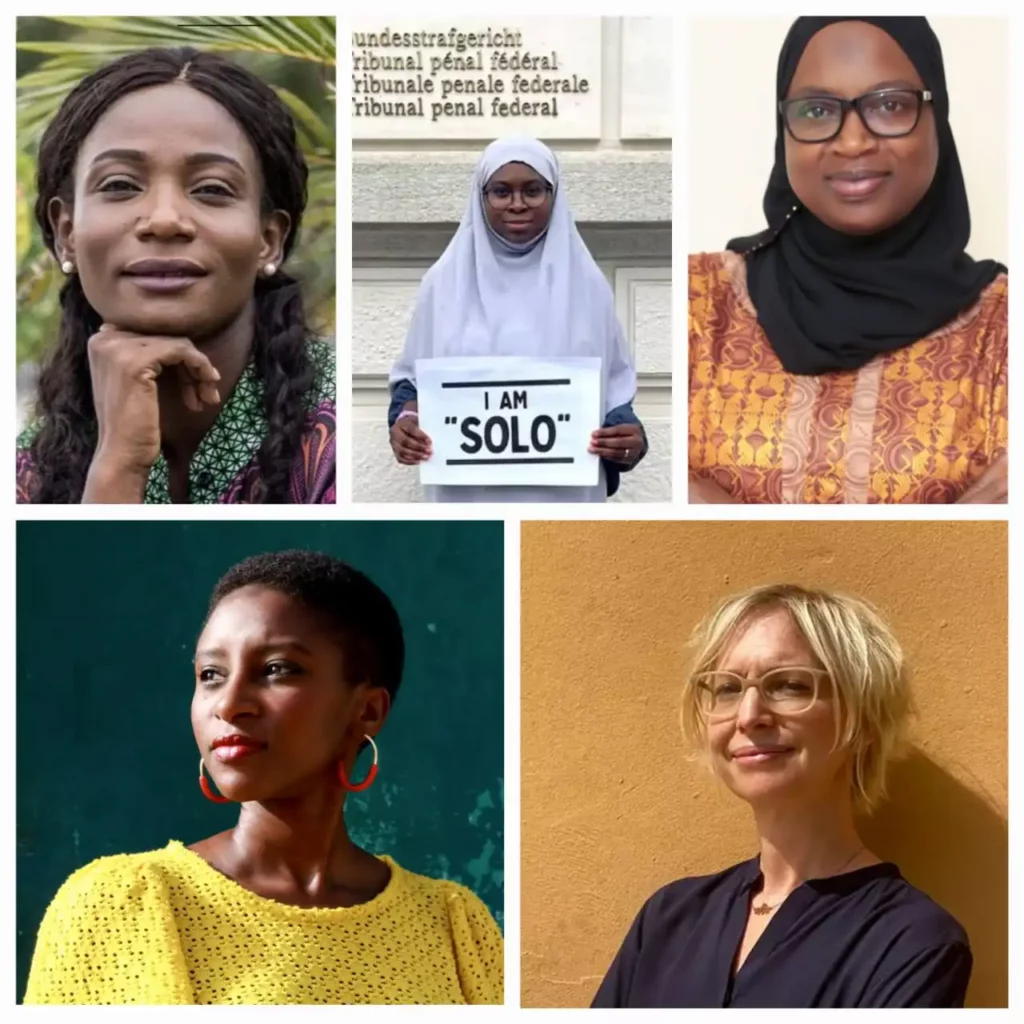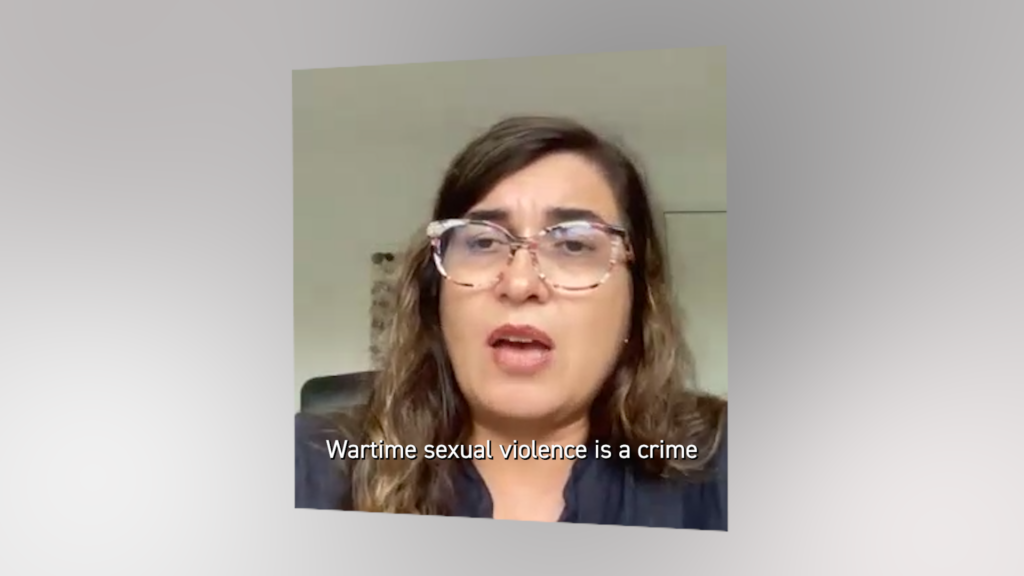UN urged to release report of killings in The Gambia
Five United Nations human rights monitors have urged the UN and the Economic Community of West African States (ECOWAS) to release their report on the 2005 massacre in Gambia of more than 50 Ghanaian and other West African migrants, Human Rights Watch and TRIAL International said on 25 January. The killings were allegedly carried out by a paramilitary unit that took orders from then-Gambian President Yahya Jammeh.
“Why is this report still being hidden from us? Who are the United Nations and ECOWAS protecting?” said Martin Kyere of Ghana, the sole known survivor of the massacre. “I want to know who is responsible for all this suffering.”
Kyere had dodged gunmen’s bullets after jumping from a truck that was carrying the detained migrants before state security forces killed them. The West African migrants, who were bound for Europe, were apprehended and extrajudicially executed after the boat they had boarded in Senegal landed in Gambia.
Blocked investigation, destroyed evidence
After Jammeh’s government blocked Ghana’s attempt to investigate the massacre, the UN and the ECOWAS formed a joint investigative team, which produced a report in April 2009 but never made it public.
In 2009, the United Nations reported that “rogue elements” in the Gambian security services, “acting on their own,” were responsible. However, Human Rights Watch and TRIAL International published a report in May 2018, based on interviews with former Jammeh-era security officials directly involved in the incident, that found that the migrants were detained by Jammeh’s closest associates in the army, the navy, and the police, and then summarily executed by the so-called “Junglers,” a paramilitary unit operating under Jammeh’s orders. The Gambian government also destroyed key evidence before the UN/ECOWAS team arrived.
“A step towards accountability”
Now the five UN human rights monitors – the UN Working Group on Arbitrary Detention; the Working Group on Enforced or Involuntary Disappearances; the special rapporteur on extrajudicial, summary or arbitrary executions; the special rapporteur on the human rights of migrants; and the special rapporteur on violence against women – urged to release the report publicly and deliver copies to the victims and their families.
“Release of the UN/ECOWAS report would be a meaningful step toward accountability for this horrible crime,” said Fatoumatta Sandeng, spokesperson of the #Jammeh2Justice campaign. “The report could provide key leads and add impetus finally to get to the bottom of what happened.”










